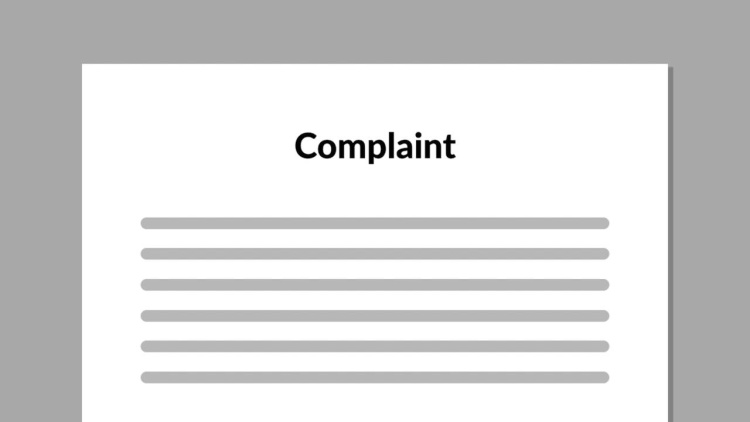Dairy Queen, Inc. v. Wood
United States Supreme Court
369 U.S. 469, 82 S.Ct. 894 (1962)
- Written by DeAnna Swearingen, LLM
Facts
Dairy Queen, Inc. (DQ) (defendant) signed a licensing contract with McCullough (plaintiff), a partnership that owned the trademark “DAIRY QUEEN.” Pursuant to the contract, DQ agreed to pay McCullough $150,000 for the exclusive right to use the trademark in certain portions of Pennsylvania. When DQ defaulted on its payments, McCullough sent DQ a notice of termination letter canceling DQ’s right to use the trademark. However, DQ continued to use the trademark after the notice. McCullough brought suit for breach of contract. McCullough sought, among other things, “an accounting to determine the exact amount of money owing by [DQ] and a judgment for that amount." In its answer to the complaint, DQ demanded a trial by jury. McCullough filed a motion to strike that demand. The United States District Court for the Eastern District of Pennsylvania granted McCullough’s motion, finding that the action was purely equitable because the complaint framed the action in terms of an accounting rather than for debt or damages. DQ sought mandamus in the United States Court of Appeals for the Third Circuit to compel the district court to vacate the order granting McCullough’s motion to strike. The Third Circuit denied DQ’s petition. The United States Supreme Court granted certiorari.
Rule of Law
Issue
Holding and Reasoning (Black, J.)
Concurrence (Harlan, J.)
What to do next…
Here's why 907,000 law students have relied on our case briefs:
- Written by law professors and practitioners, not other law students. 47,100 briefs, keyed to 996 casebooks. Top-notch customer support.
- The right amount of information, includes the facts, issues, rule of law, holding and reasoning, and any concurrences and dissents.
- Access in your classes, works on your mobile and tablet. Massive library of related video lessons and high quality multiple-choice questions.
- Easy to use, uniform format for every case brief. Written in plain English, not in legalese. Our briefs summarize and simplify; they don’t just repeat the court’s language.





